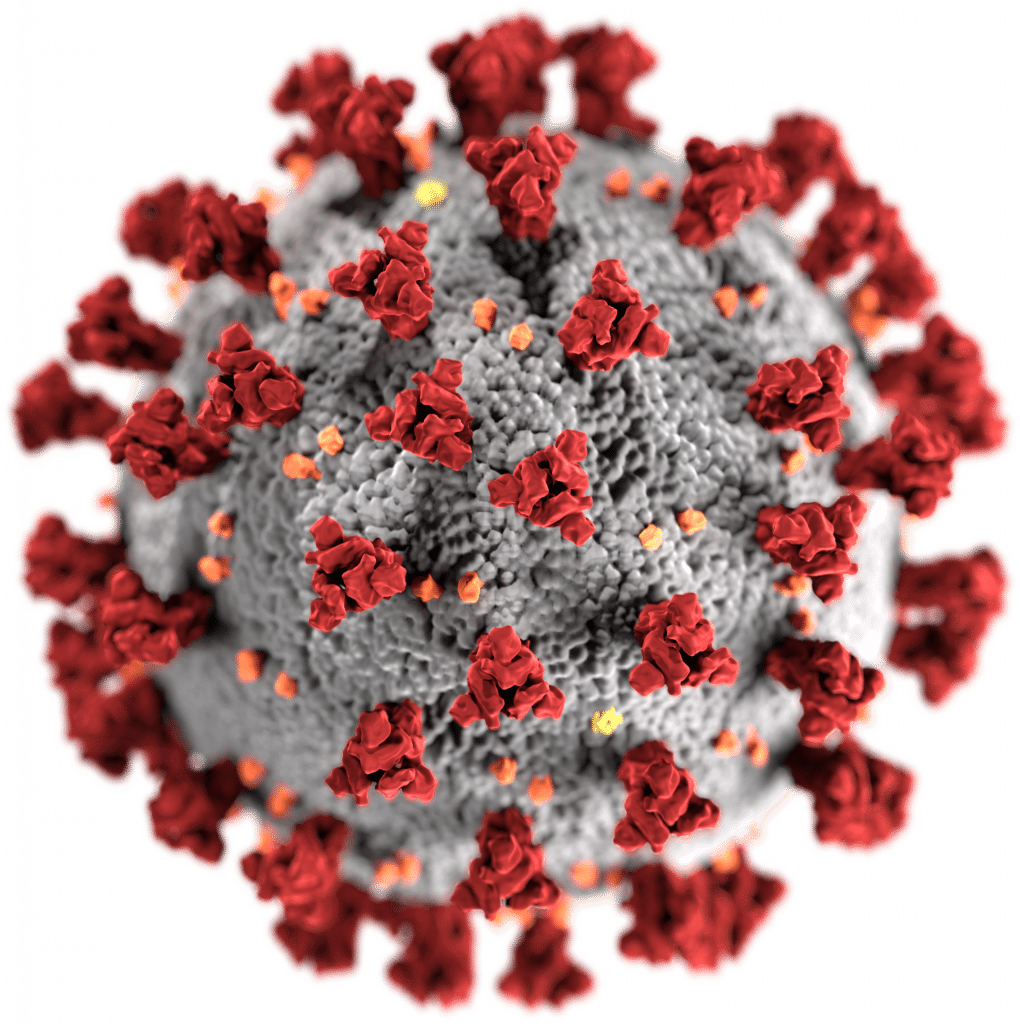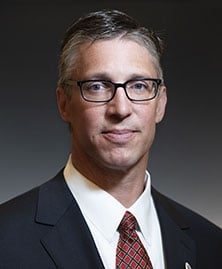
While America and the world struggle to combat the worldwide COVID-19 pandemic, new heroes have emerged. While much of America has long celebrated its athletes and celebrities as its heroes, this pandemic has shown us who the real heroes are in our society.
At the onset of World War II, Maj. Gen. Dwight D. Eisenhower said in a letter to a close friend:
This is a long tough road we have to travel. The men that can do things are going to be sought out just as surely as the sun rises in the morning.
America’s freight railroad workers are the men and women that “can do things.” Throughout this unfathomable crisis, they have continued to transport the critical commodities and supplies that keep this country operating. These dedicated employees work incredibly long hours, with unpredictable schedules, little rest between shifts, and relatively no time off. The nation’s freight railroads are deemed so important to the economy and our country during this pandemic that the federal government has exercised its emergency order authority, and waived crucial safety regulations designed to protect these employees and the general public, all for the sake of keeping the trains running at maximum efficiency.
It would reason that America’s railroads and our elected representatives would want to take care of these heroes if they were affected by the COVID-19 virus by ensuring these men and women would be treated under medical insurance at no cost to the employee. Unfortunately, that is not the case. In a stunningly greedy and despicable move, the nation’s railroads have denied their employees and their unions’ requests for relief from the costs of COVID-19 treatment.
In a letter dated April 15th, Chairman Brendan M. Branon of the National Railway Labor Conference (NRLC), an association of more than 30 U.S. freight and passenger railroads employing more than 145,000 workers, advised rail labor organizations that they would NOT waive cost-sharing for COVID-19 treatment, wanting these families to pay their full portion of treatment costs if they are affected by COVID-19. This move is a slap in the face to the heroes who are working tirelessly to keep the railroads and the nation operating.
Let us put this in perspective. The nation’s railroads are not the struggling small businesses fighting to stay afloat. They are consistently reporting billions of dollars in annual profit. In addition to those billions in profits, the nation’s railroads take government (taxpayer) handouts to the tune of billions of dollars per year. These behemoths are provided billions in tax subsidies in everything from diesel fuel taxes, property taxes, to payroll taxes and infrastructure subsidies. Yes, we the taxpayers are helping fund the billions of dollars of profit that these railroads make. Yet the railroads choose to not fully cover their employees’ costs if they are infected with COVID-19. Do not forget, these are the employees who make it possible for gas stations to have gas to sell, that toilet paper can be produced, that grain and feed is supplied to livestock, that produce can be grown, that there are chemicals to purify our drinking water, and that medical supplies can reach our hospitals and healthcare professionals at a time when they need them most.
In the railroads’ refusal to fully cover these costs, they claim their “extensive measures to respond to the COVID-19 outbreak” are designed to limit employee exposure. While this pandemic is challenging for even the best-managed and -run businesses, the railroads are failing miserably in this regard. Reminiscent of the auto industry’s infamous practice of calculating the cost of lawsuits rather than recalling and fixing deadly cars, the railroads are doing precisely the same thing in regard to COVID-19.
In many instances, railroads have taken only the most basic steps to protect employees. Even with that minimal effort, unions have collected thousands of reports from rail employees indicating that no action has been taken whatsoever. The railroads are gambling that the cost of a few employees’ lives are less consequential to the bottom line than providing basic protective measures recommended by the U.S. Centers for Disease Control and Prevention (CDC).
This leads us to the potential cost of fully covering these frontline essential workers if they contract COVID-19. While it is difficult to provide an exact estimate at this time, it is a safe bet that the total additional cost is a pittance when compared to the uninterrupted billions in employee-generated revenue and taxpayer handouts the railroads continue to receive.
Ultimately, it is greed and disdain for frontline, essential workers that drives the railroad’s refusal to fully cover their employees’ out-of-pocket costs. Is this the America we have become? Do we no longer celebrate and protect our most-critical heroes who get things done?
Brent C. Leonard is a vice president of SMART Transportation Division, a labor union comprised of approximately 125,000 active and retired members of the former United Transportation Union, who work in a variety of different crafts, including as bus and commuter rail operators, in the transportation industry.
Related News
- Operation Lifesaver campaigns to promote rail safety in 11 states
- New TD Crew Room Flyers Available
- Colorado bill criminalizing transit assault one step closer to becoming law
- Honoring the Legacy of Brother John A. Saunders
- Kansas funds passenger rail expansion
- Maryland Passes Monumental Transit Safety Bill
- Brother Wirth Crowned Champion in 168-Pound Masters Division Victory
- Chairman Pauli Announces Retirement, SMART-TD celebrates his career
- New Mexico Local 1687 sets new precedent with Red Apple Transit
- Tentative Agreement Reached With TransitAmerica Services (TASI)
